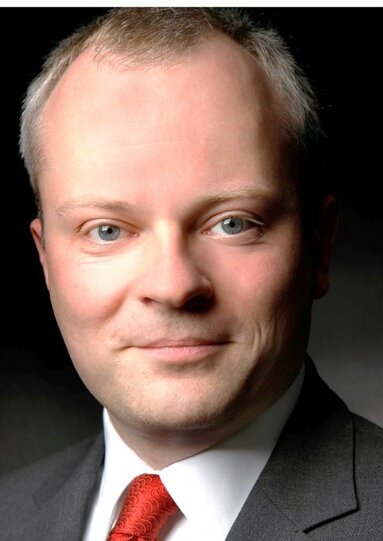Africa will grow faster after the Corona crisis than before
At just over 2% (just over 3% in sub-Saharan Africa), the slump in GDP in Africa was comparatively much smaller than originally anticipated. A large part of the decline was caused by falling commodity prices and only a small volume of tourism. Both should quickly return to pre-crisis levels. We therefore expect a rapid recovery.
There are already signs that global supply chains are being reorganized. Also, there is a high level of interest in diversification. North and East Africa, with their low labor costs and comparatively good training, are increasingly coming into consideration, particularly for simpler production processes. Automotive suppliers and the textile industry are strong examples of this. Such industrial development brings with it increased demands on transportation and logistics - traffic route development, trucking solutions and hardware (trucks, machinery, infrastructure building materials) adapted to the economic (and climatic) conditions are needed. China recognized the resulting opportunities at an early stage and, in addition to providing loans, is primarily providing development aid and pursuing an expansive strategy in the valorization of African markets. Europe still has a lot of catching up to do here - with a different political concept of development cooperation. After all, 2018 and 2019 were record years for German investment in Africa. And the development of air links in the last 5 years before the crisis also shows a trend of turning towards the continent.
For the period after the recovery, a new study by the Africa Center at Flensburg University of Applied Sciences expects steeper growth than before the crisis. However, it is important to get these new economic relationships right. With the high cost pressure of industries expanding into Africa (e.g. automotive suppliers), it will be particularly important to focus on compliance with international standards from the outset, also against the backdrop of the supply chain law currently under discussion. "However, I think the supply chain law currently being discussed in Berlin is the wrong way to go. It harbors high risks that German and European SMEs in particular will refrain from investing out of fear of confusing bureaucracy. The space that then becomes free will then be taken by Chinese investors, for example. I don't think that will lead to better working conditions for the people," says Dr. Stefan Liebing, honorary professor at the Africa Center and chairman of the Africa Association of German Business. The university's Africa Center* focuses its research on the issue of sustainability in supply chains and in the textile industry in Africa.
According to the authors of the study*, moreover, the development of a hydrogen economy will soon contribute significantly to growth and development in Africa. The German government has recognized that a complete conversion of German society to renewable energy is only possible if green energy can be imported. One way to do this is to convert solar power from Africa into hydrogen and transport it to Europe. Africa is ideal for such large-scale projects because of its high solar radiation and geographical proximity to Europe. "I am sure that a whole new industry will emerge in Africa. In the future, we will no longer wire that much money to the oil countries of the Middle East, but will also buy our energy in Africa," Stefan Liebing is convinced. He states that a large number of projects by German companies are currently being pursued, with considerable political support, and adds that this will lead to a significant increase in trade relations and investment, and thus to a further increase in economic growth.
* Authors / Companies:
Stefan Liebing (pictured below) is Managing Director of Conjuncta GmbH and Honorary Professor at the Centre for Business and Technology in Africa (CBTA) at Flensburg University of Applied Sciences. As long-standing chairman of the Afrika-Verein der deutschen Wirtschaft e.V., he is an expert on the continent and its economic opportunities. The co-author of the study is a member of the AAA Advisors network with his company Conjuncta GmbH and is available for an in-depth exchange on the topic.
About Conjuncta GmbH and AAA Advisors: Conjuncta GmbH (http://www.conjuncta.com) with Stefan Liebing is a Business Alliance Partner of AAA Advisors. Business Alliance Partnerships of this kind serve to complement each other's service offerings.
* Autoren der Studie am Centre for Business and Technology in Africa der Hochschule Flensburg:
Prof. Dr. Stefan Liebing (stefan.liebinghs-flensburg.de), Prof. Dr. Kay Pfaffenberger, Prof. Nelly Oelze
Bildquellen: Luanda Boomtown: Hermengildo Sebastiao on unsplash.com / Stefan Liebing: privat


